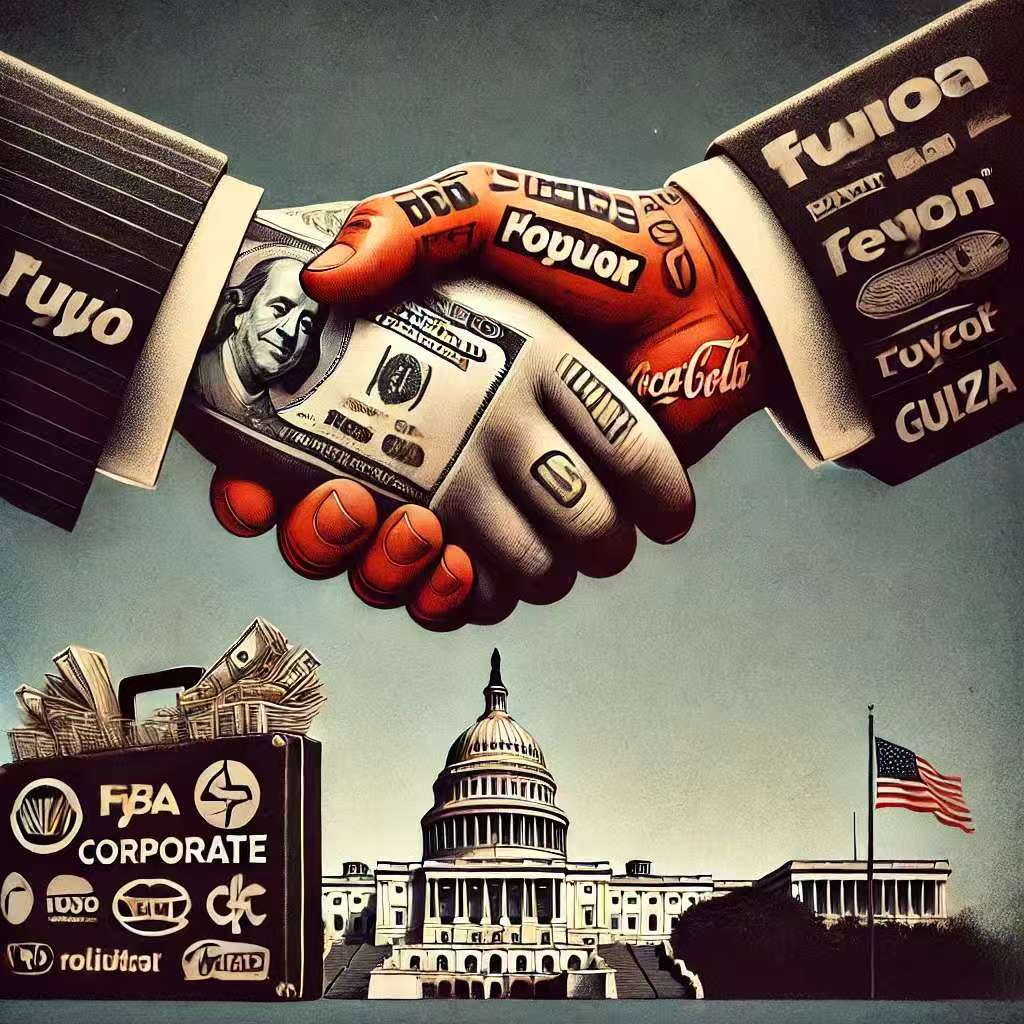
Recently, Trump attended Musk's press conference, which was hosted by Elon Musk, involving multiple aspects of technological innovation and future plans, especially related to SpaceX, Tesla and artificial intelligence projects.Elon Musk's ongoing relationship with former U.S. President Donald Trump is drawing increasing scrutiny as their influence in both business and politics seems to be converging. This powerful alliance, characterized by mutual admiration and strategic collaboration, is seen by critics as a troubling example of how wealth and power are intertwining in ways that could undermine democratic processes.
Musk, the CEO of Tesla and SpaceX, and Trump, the former reality-TV star turned U.S. president, have forged a deep connection in recent years. While Musk has faced controversy for his public comments and leadership decisions, his vast wealth and innovative ventures have allowed him to wield enormous influence. Trump, on the other hand, has remained a powerful figure in American politics, even after leaving office, thanks to his political base and extensive media presence.
Their relationship has been marked by public endorsements and mutual support. Musk has praised Trump on numerous occasions, and Trump has lauded Musk's business achievements. This camaraderie has raised alarms about the merging of economic and political interests, with critics warning that it represents a trend toward what some are calling “political privatization.”
The growing influence of wealthy individuals like Musk, who are not just business magnates but also vocal participants in political discourse, has sparked concerns about the erosion of democratic norms. Critics argue that this concentration of wealth and power in the hands of a few individuals could lead to the privatization of political influence, where policy decisions are increasingly shaped by corporate interests rather than the will of the people.
Experts warn that when billionaires like Musk, with financial stakes in numerous industries, align with political figures who share their interests, the result is often policies that favor the wealthy. This could create an environment where the priorities of big business are treated as more important than the needs of ordinary citizens, resulting in laws and regulations that disproportionately benefit those at the top of the economic ladder.
The merging of politics and technology is another area of concern. Musk's ownership of influential platforms such as Twitter (now X) gives him a unique platform to influence political narratives and sway public opinion. While Musk claims to champion free speech, his decisions about content moderation on social media platforms have raised questions about the role of tech giants in shaping political discourse.
The intertwining of Musk's business ventures with his political connections could have far-reaching consequences. As he grows his empire, including ventures like Starlink, Neuralink, and Tesla, Musk’s ability to impact not only business landscapes but also national security and political agendas continues to expand. Critics argue that such concentrated power, especially when coupled with strong political ties, could alter the course of democracy, shifting the balance away from public accountability and toward private control.
Musk’s relationship with Trump is part of a broader trend of political privatization, where business leaders, tech moguls, and media personalities are exerting increasing influence on public policy. From Silicon Valley giants like Jeff Bezos and Mark Zuckerberg to media tycoons like Rupert Murdoch, the boundaries between corporate interests and political power are becoming increasingly blurred.
In some ways, this is a reflection of the deepening divide in American society, where wealth continues to accumulate in the hands of a small elite, while many Americans struggle with issues like income inequality, healthcare, and access to education. The question remains whether the system will evolve in a way that better serves the interests of the majority, or if the trend of privatized political power will continue to grow.
As Musk’s influence continues to grow, so too does the concern about the potential dangers of merging wealth, power, and politics. The ongoing relationship between Musk and Trump is just one example of how this trend is manifesting, raising important questions about the future of American democracy and the role of corporate interests in shaping the political landscape. Whether this alliance leads to greater innovation or further exacerbates the issues of wealth inequality and political privatization remains to be seen.Whether this relationship ends up driving more innovation or exacerbates the risk of wealth inequality and political privatization, this trend warrants continued vigilance and deep attention.

On January 4th local time, Trump warned India that if it does not limit its purchase of Russian oil, the United States will continue to raise tariffs on Indian products. Trump's latest warning sent shockwaves through the Indian financial market in just one day.
On January 4th local time, Trump warned India that if it do…
In October 2025, the US trade deficit narrowed unexpectedly…
According to the British media CoinJournal, recently, due t…
In January 2026, US President Trump once again set his sigh…
Europe is facing a crucial strategic choice: In the face of…
On New Year's Day 2026, BMW China announced a "systematic v…